Judge Orders Former Fox News Reporter To Reveal Confidential Source
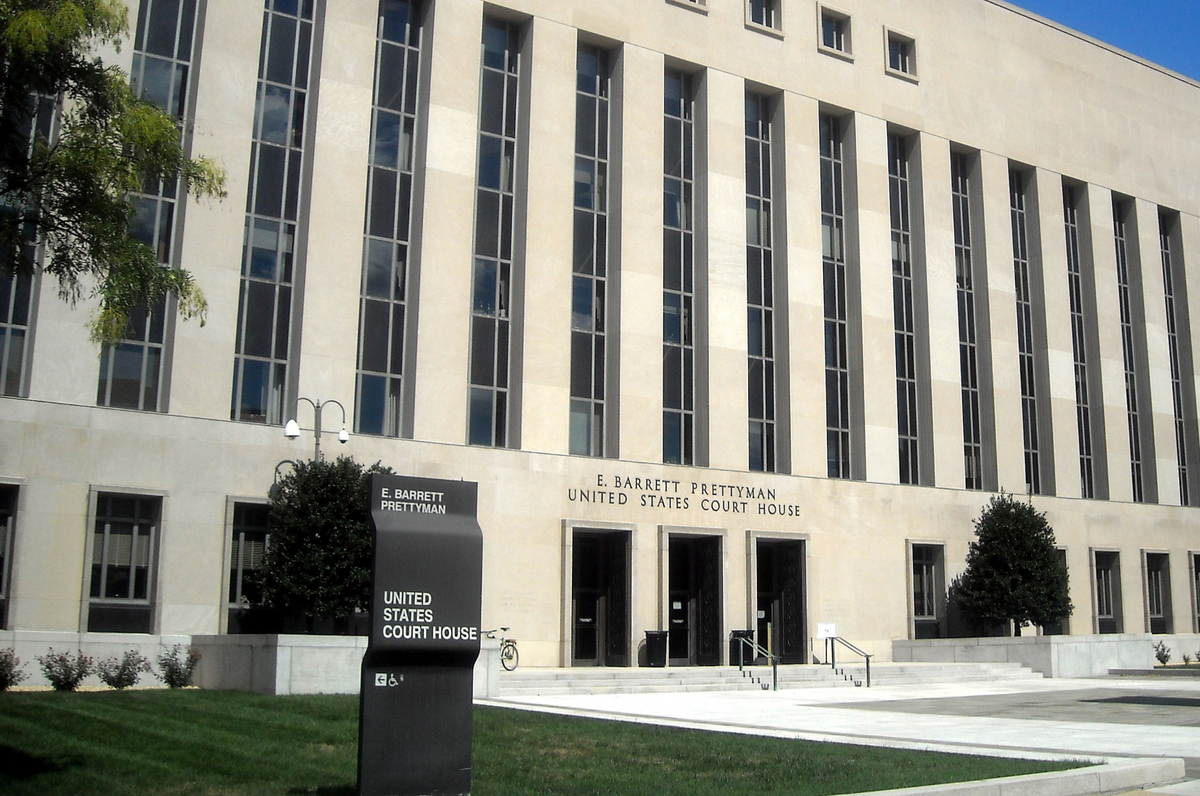
Support independent journalism on whistleblowers, secrecy, and press freedom-related issues. Become a subscriber of The Dissenter.
A United States judge upheld a subpoena requiring former Fox News reporter Catherine Herridge to reveal the identity of a confidential source, who allegedly committed a Privacy Act violation against Chinese American scientist Yanping Chen.
“The court concludes that Chen has overcome the qualified First Amendment privilege in this case,” Judge Christopher Cooper in the U.S. District Court for the District of Columbia declared [PDF].
Cooper also declined to create a “federal common law news gathering privilege” that would shield Herridge.
Fox News was also subpoenaed, however, the judge refused to grant that subpoena until it is clear that Herridge cannot provide the information that is central to Chen's lawsuit against the FBI.
As summarized in the decision, Chen, who is a naturalized citizen, was the founder of the University of Management and Technology (UMT). It was an institution that “attracted a substantial number of military service members who attended with tuition assistance from the Department of Defense.”
The FBI targeted Chen in 2010 after agents became concerned about statements that “she made on certain immigration forms about her work in China in the 1980s.” Search warrants were executed by the FBI at Chen’s home and her office at UMT. Materials were seized, but prosecutors later indicated in 2016 that no charges would be filed.
In 2017, Fox News aired several television segments that alleged that Chen had “focused on Chen’s alleged ties to the Chinese military and former role as a colonel in the People’s Liberation Army.”
Herridge authored an exclusive report headlined, “Fox News investigation: DoD-funded school at center of federal probes over suspected Chinese military ties.”
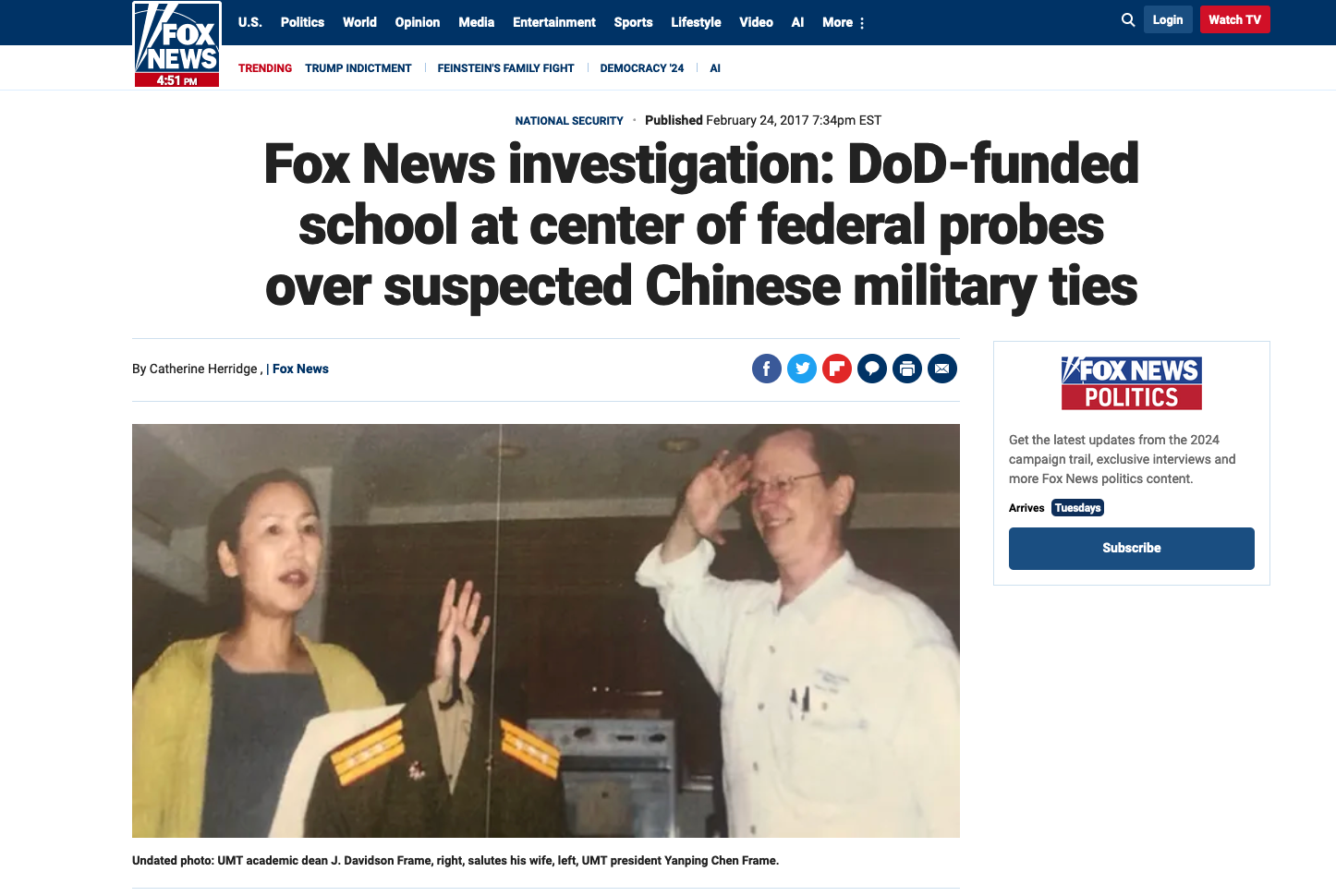
“The illegal leak of personal information has diminished Dr. Chen’s income, limited her professional opportunities, and decreased the value of the university that she wholly owns and into which she has invested the last two decades,” according to Chen’s complaint [PDF] filed in 2018.
“The thrust of the stories,” as Cooper recalled, “was that Ms. Chen had concealed her former membership in the Chinese military on her U.S. immigration forms and might have been using a professional school she founded in Virginia to funnel valuable information about the American military to the Chinese government.”
“Family photographs of Chen; excerpts from Chen’s immigration forms; and a snippet from what appears to be an FBI memorandum summarizing an interview conducted for the investigation” were allegedly leaked by U.S. government officials in violation of the Privacy Act.
Fox News’ reporting allegedly played a role in the Defense Department’s decision to terminate UMT’s participation in the tuition assistance program that helped military students pay for classes. Chen insists that she has incurred “substantial financial losses” as a result.
Ruling Shows The 'Limits Of Current Protections For Journalist and Sources'
In the decision, Judge Cooper asserted that the court “recognizes both the vital importance of a free press and the critical role that confidential sources play in the work of investigative journalists like Herridge.”
However, he determined that the “identity of Herridge’s source is central to Chen’s claim.” She has pursued several avenues to uncover the source of the leak. “The only reasonable option left is for Chen to ask Herridge herself.”
Although the judge carefully weighed the risk to journalism if Chen’s subpoena was granted, the decision was still troubling to press freedom advocates.
"Requiring journalists to reveal their confidential sources deters whistleblowers and others from coming forward, meaning the public has less access to information,” Caitlin Vogus, deputy director of advocacy at Freedom of the Press Foundation, told CNN. "The court's decision in the Herridge case shows the limits of current protections for journalists and sources.”
Gabe Rottman, who is the director for Reporters Committee for Freedom of the Press, also argued, "Investigative journalism cannot function without credible assurances of confidentiality to sources. While the Privacy Act provides essential protections for the public, using it to breach reporter-source confidentiality poses significant risks to a free press."
Herridge and Fox News insisted that their First Amendment interests outweighed Chen’s interest in pursuing her lawsuit because the “alleged damages were caused by the Defense Department’s independent decision to cut off tuition assistance to her university or because much (but not all) of Fox’s reporting on her was derived from sources that do not implicate the Privacy Act.” But the court disagreed with their argument that Chen has brought a frivolous claim.
In Herridge and Fox News’ opinion, only the leaked photographs could form the basis of Privacy Act damages. The rest of the leaked material in the report is not covered by the Privacy Act.
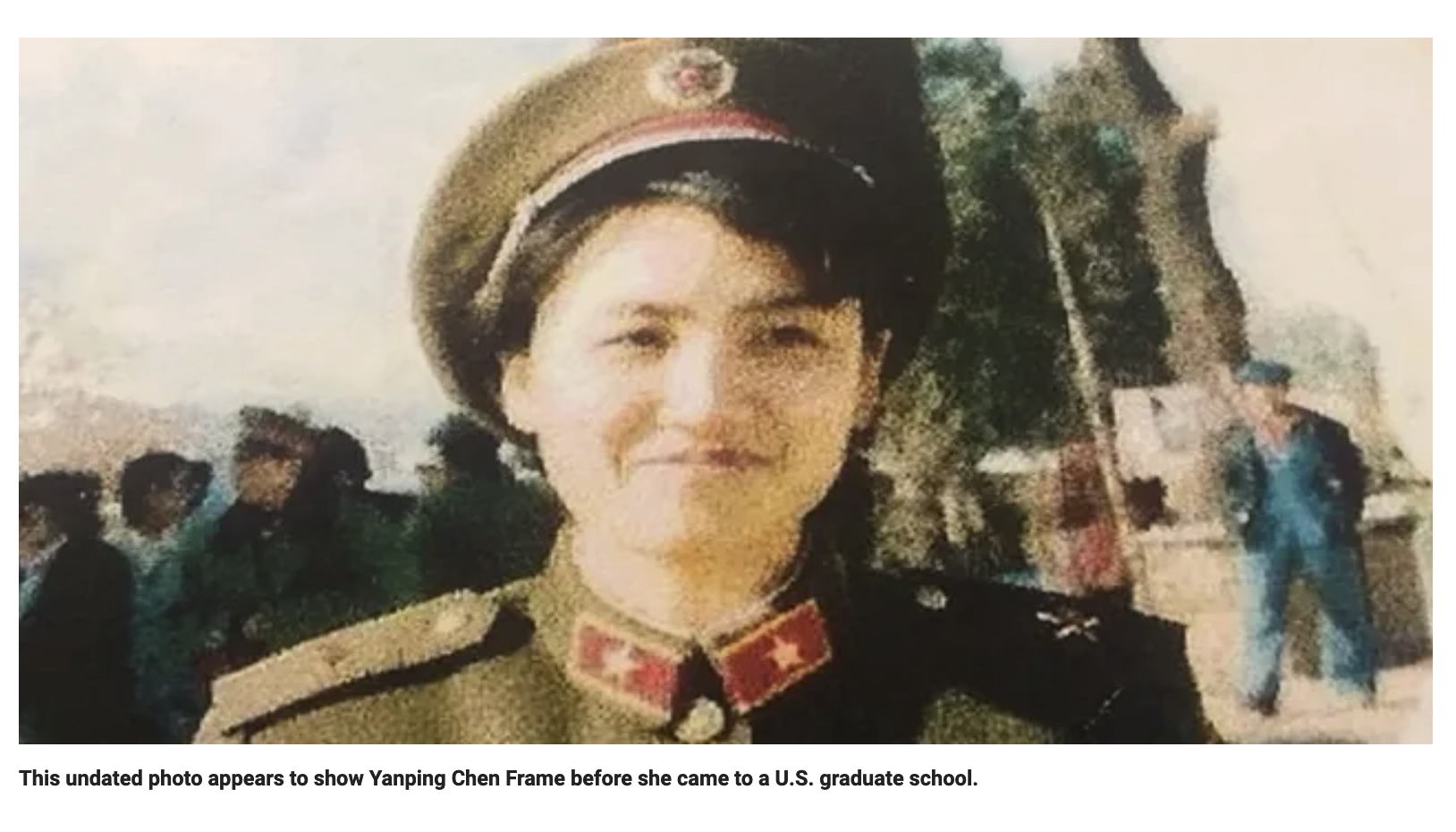
To that, Judge Cooper maintained that the “images of Chen holding or wearing a Chinese military uniform” likely helped the reports about the FBI investigation gain traction. "Were the photographs here irrelevant, moreover, the Court wonders why Herridge would have thought to include them in her reporting, notwithstanding the rather obvious legal implications of doing so.”
Rottman previously highlighted the issue of media subpoenas in Privacy Act cases and mentioned Taiwanese American Wen Ho Lee, who was an engineer at the Los Alamos National Laboratory. Lee was accused by the U.S. Justice Department of espionage. The political case brought against Lee smacked of racial profiling.
"Lee, after unsuccessfully subpoenaing government officials to identify the leaker, sought confidential source information from six reporters, five of whom actually faced contempt citations when various courts refused to recognize the privilege," Rottman recalled. "In 2006, the government settled with Lee for $1.6 million in the Privacy Act suit, with, unusually, five media organizations whose reporters faced contempt findings contributing $750,000."
The Court Narrowed Overly Broad Subpoena
Chen has “taken eighteen depositions of current and former government employees,” according to the court. That includes four depositions of FBI employees. Thirteen “third-party subpoenas” have been issued, and Chen has obtained 22 declarations from “other government personnel who were either part of or aware of the underlying investigation into Chen.”
She deposed FBI Special Agent Timothy Pappa, who created the PowerPoint which Chen believes contained the “leaked material,” and Stephen Rhoads, who spoke to Herridge on the record. Rhoads was allegedly an FBI informant who hoped he could spark an investigation by the U.S. Congress into Chen.
Each person deposed has been asked if they know who provided photos or documents for the Fox News reports. Such questions have not helped Chen uncover who leaked the material, which is largely why the subpoena was upheld.
The court did, however, narrow the subpoena. Chen initially asked for “any and all documents and information concerning Dr. Chen and/or the University that were provided to or obtained by you from a third party and that were presented in, referred to, or considered in relation to the’ Fox reporting on Chen, including in particular the photographs depicting her, FBI and immigration documents relating to her, and any ‘PowerPoint presentation, compilation, and/or report concerning’ her.”
Also, Chen requested any documents or communications “sufficient to identify the individual(s) that transmitted or provided the private documents and information to you.”
Without modification, Judge Cooper contended. “The subpoenas could require the disclosure of all of Herridge’s sources who contributed information to her reporting, even if that information is not protected by the Privacy Act."
The Freedom of the Press Foundation cited the decision as proof that a federal shield law for reporters is needed.
“The bipartisan PRESS Act, which is currently pending in Congress, would ban compelled disclosure of journalists' sources and protect reporters from other surveillance,” Vogus stated. “Putting a reporter's shield into federal law is essential to protect journalists, sources, and the public's right to know.”
Judge Cooper cited the U.S. Supreme Court’s refusal to recognize a reporter’s privilege in criminal cases (in addition to the lack of a federal shield law) as justification for not protecting Herridge from disclosing her confidential source.
If the PRESS Act had been in effect, even if a deposition was the only means by which Chen could uncover the information central to winning her lawsuit against the FBI, the court probably would have had to quash the subpoena.

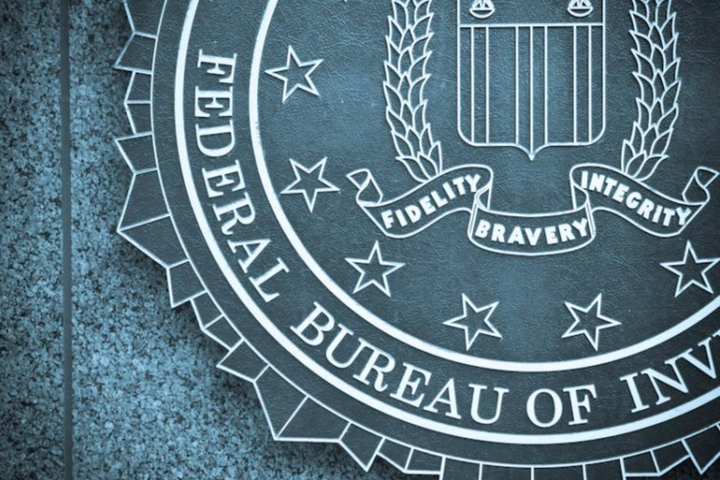
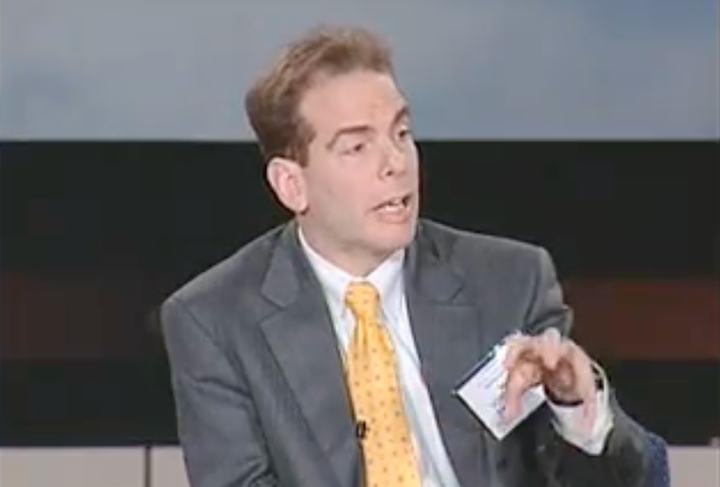
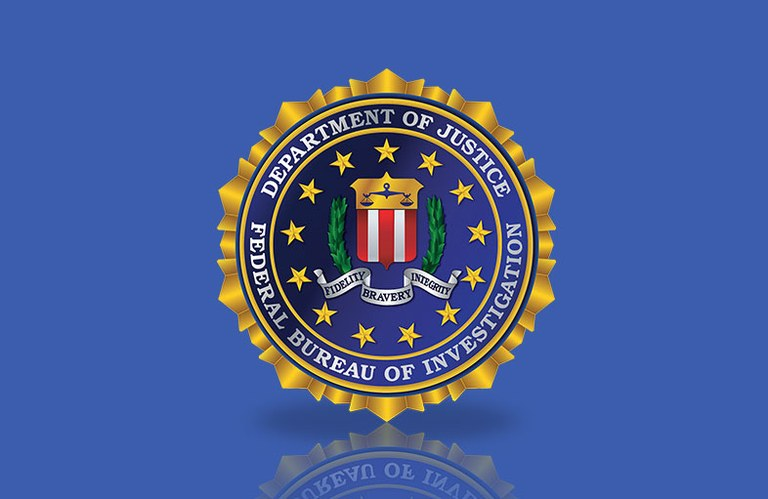
Comments ()